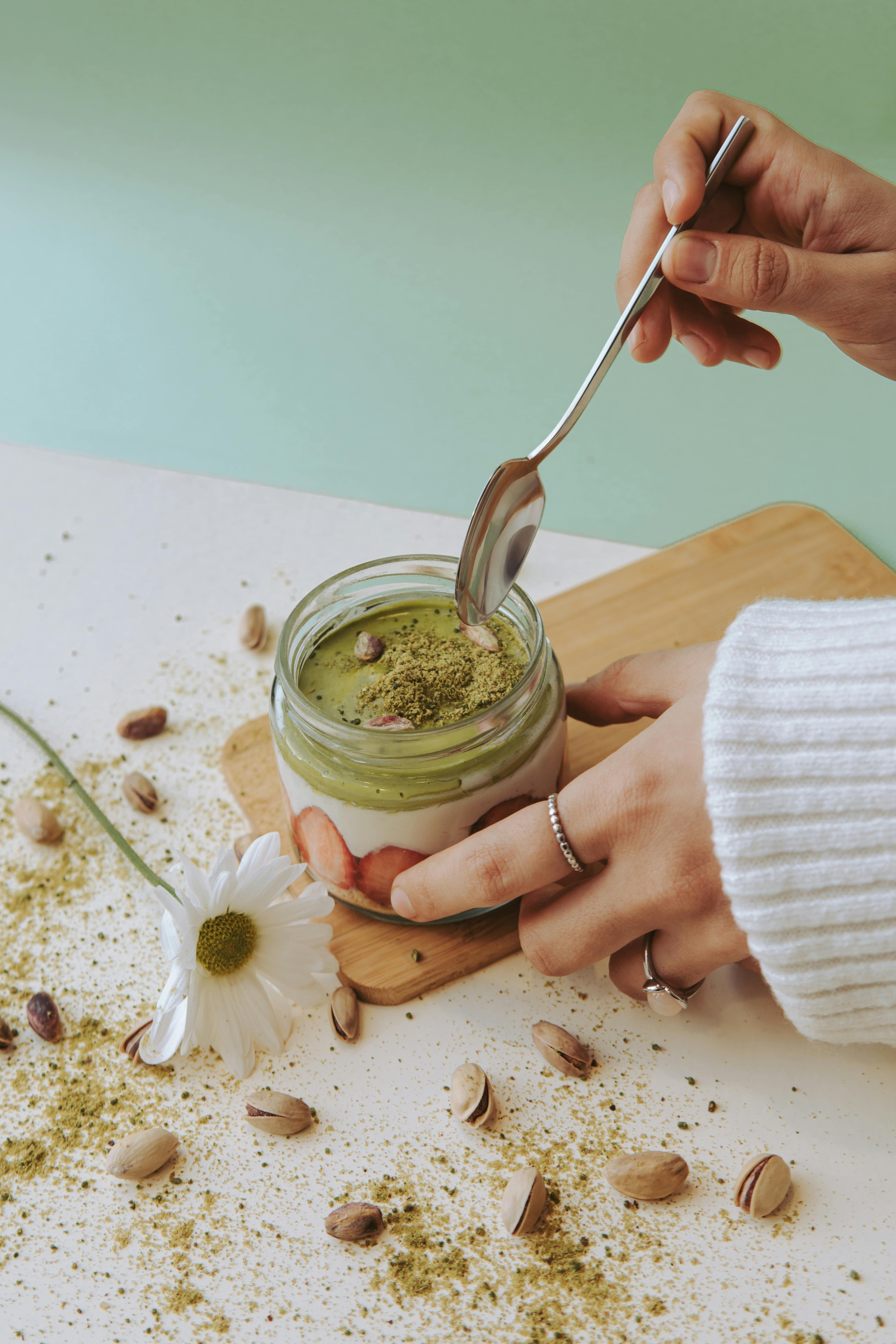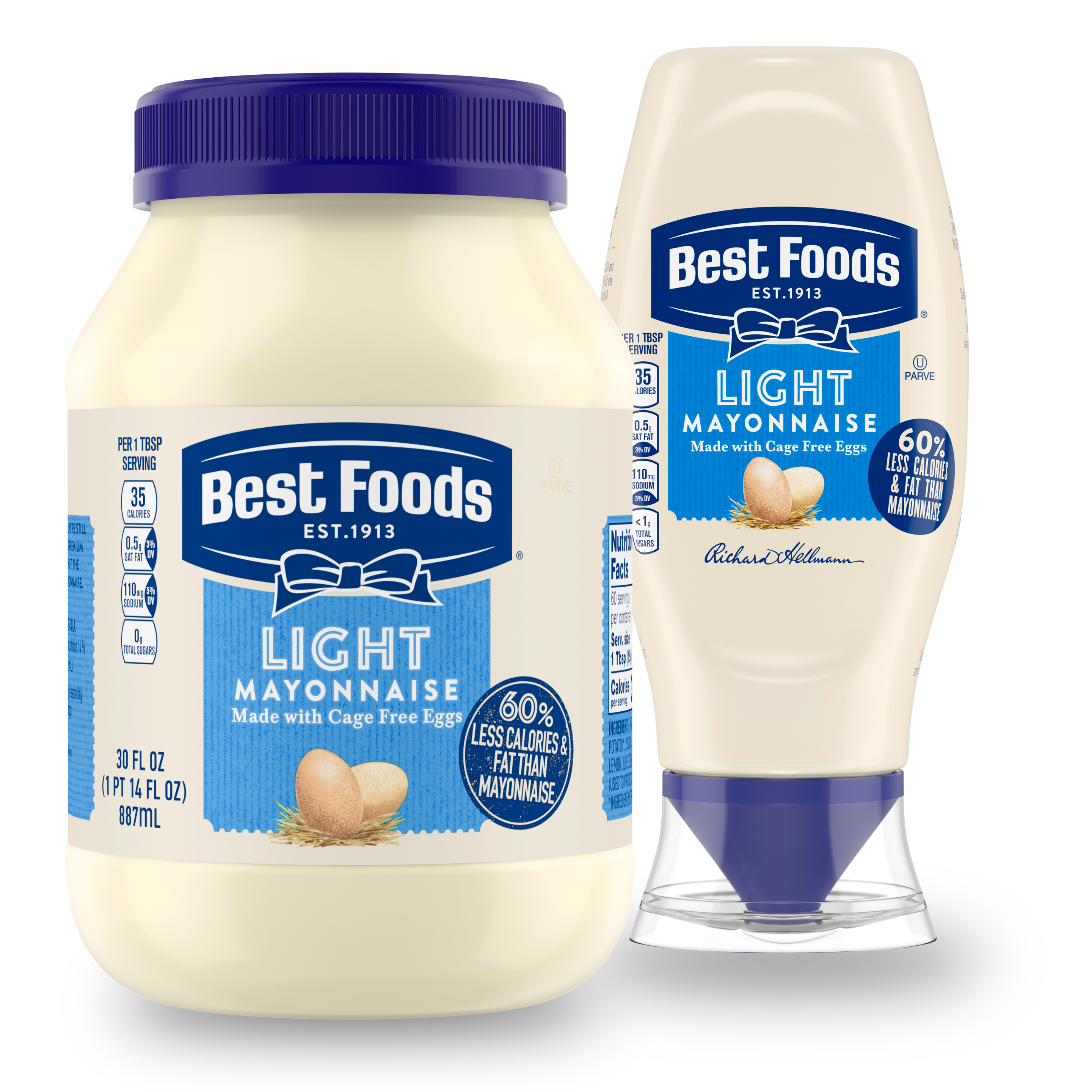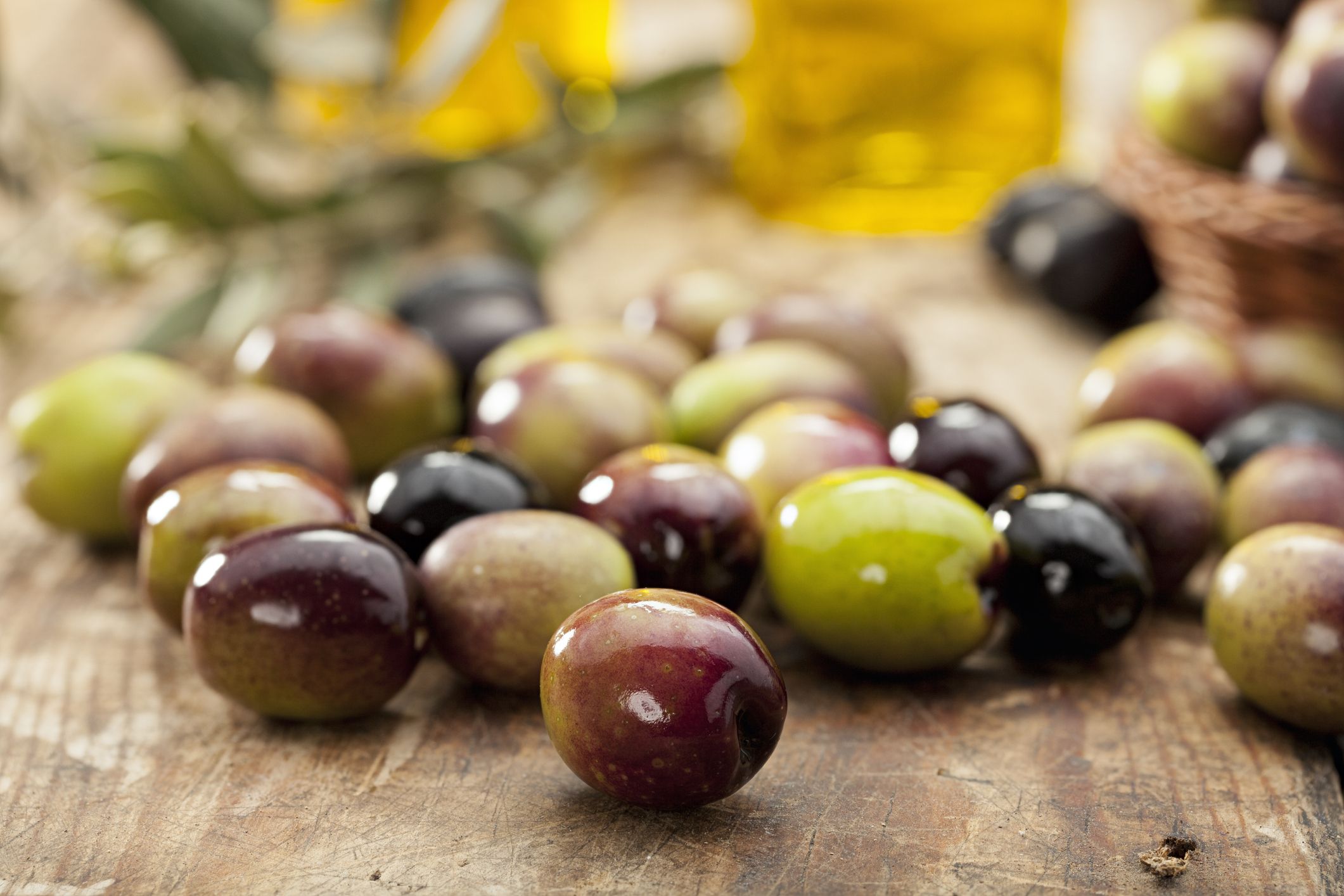
Smart Ways to Improve Your Anti-Inflammatory Diet in 2025
As the importance of nutrition continues to evolve, the focus on an anti-inflammatory diet is becoming increasingly crucial for enhancing overall health. Chronic inflammation has been linked to various diseases, including heart disease, diabetes, and autoimmune disorders. By adopting an anti-inflammatory diet, individuals can not only combat these conditions but also improve their overall health and well-being. This article will explore the benefits of an anti-inflammatory diet, highlight foods to eat and avoid, provide delicious recipes, and suggest meal prep ideas to make healthy eating more accessible.
Through this journey into the world of nutrition, you'll discover the health benefits associated with anti-inflammatory foods, how they can support your immune system, and strategies for integrating these choices into your lifestyle. Let's dive into the essentials of transforming your diet for 2025 and beyond.
Understanding the Benefits of an Anti-Inflammatory Diet
Building a solid foundation for your health starts with understanding the benefits of an anti-inflammatory diet. Chronic inflammation is a significant contributor to many lifestyle diseases, and an anti-inflammatory diet can help reduce inflammation levels, improving your health over time.
Health Benefits Overview
The anti-inflammatory diet emphasizes nutrient-dense foods such as fruits, vegetables, whole grains, lean protein, and healthy fats. Each of these food categories plays a critical role in promoting better digestion, supporting heart health, and managing weight. Furthermore, incorporating foods rich in antioxidants and omega-3 fatty acids, such as fatty fish and nuts, can help combat oxidative stress and lower inflammation markers.
Scientific Basis of Inflammation and Food
Research has shown that specific foods can trigger inflammation while others can help alleviate it. For instance, processed sugars and trans fats are known to increase inflammation, while phytochemicals and fiber-rich foods contribute to a healthier response. Understanding these relationships is vital for making informed dietary choices.
How Anti-Inflammatory Foods Aid Health
Incorporating anti-inflammatory foods into your diet not only helps lower inflammation but also supports various body systems. From aiding digestion to boosting immune function, the health benefits of an anti-inflammatory diet are extensive. This dietary approach can help individuals manage stress, improve sleep quality, and enhance mental well-being.
Supporting Weight Management and Health Conditions
Weight management is closely tied to inflammation levels in the body. By embracing an anti-inflammatory diet, you can achieve and maintain a healthy weight while reducing the risk of obesity-related diseases. Additionally, those with chronic inflammation, such as in inflammatory bowel disease or autoimmune conditions, often see significant improvements through dietary changes.
Strategies for Antioxidant and Omega-3 Fatty Acids Intake
To reap the benefits of antioxidants and omega-3 fatty acids, aim for a diet rich in fruits, vegetables, and fatty fish. Regular consumption of colorful produce not only provides essential vitamins and minerals but also enhances your body's defense against chronic inflammation. Practical tips for incorporating these foods include adding berries to smoothies or opting for grilled salmon in your meals.
Key Foods to Eat for Reducing Inflammation
With the fundamentals of the anti-inflammatory diet established, it's time to explore specific foods that can significantly impact inflammation reduction. These foods are not only beneficial but can also be delicious and varied in your meals.
Fruits and Vegetables
Fruits and vegetables should be staples in your anti-inflammatory diet. Berries, leafy greens, and cruciferous vegetables (like broccoli and kale) are particularly high in antioxidants and anti-inflammatory compounds. Aim to fill half your plate with these colorful foods at every meal to promote health and vitality.
Whole Grains and Lean Proteins
Opting for whole grains, such as brown rice, quinoa, and oats, instead of refined grains is beneficial for lowering inflammation. Lean proteins like chicken, turkey, and plant-based options, such as lentils and chickpeas, also support muscle health and provide energy without added saturated fats.
Healthy Fats and Cooking Oils
Healthy fats, found in avocados, nuts, and olive oil, contribute to heart health and help decrease inflammatory markers. Cooking with olive oil, in particular, has been linked to numerous health benefits. It's a great alternative to butter and should be the primary fat source in your cooking.
Spices for Inflammation
Adding anti-inflammatory spices like turmeric, ginger, and cinnamon can elevate both flavor and health benefits in your dishes. These spices possess natural anti-inflammatory properties and can be used in countless recipes, promoting an enhanced flavor profile.
Hydration and Its Importance
Staying well-hydrated plays a crucial role in managing inflammation. Water helps flush toxins from the body and maintains optimal organ function. Aim to drink sufficient water throughout the day and consider herbal teas, which can also provide anti-inflammatory benefits.
Foods to Avoid: Protecting Yourself from Chronic Inflammation
Just as it is important to know what to include in your diet, understanding which foods to avoid can be equally impactful on managing inflammation levels in your body. This section will outline key culprits that can exacerbate inflammation and offer practical advice on reducing their consumption.
Processed Foods and Sugars
Minimizing processed foods is crucial for inflammation reduction. Food items high in refined sugars and unhealthy fats can lead to weight gain and trigger inflammatory responses. Reading labels and avoiding foods with added sugars will support your journey toward better health.
Trans Fats and Saturated Fats
Trans fats, commonly found in fried foods and some baked goods, are notorious for increasing inflammation and should be avoided at all costs. When it comes to saturated fats, moderate consumption is advisable, focusing on healthier sources from plant oils rather than animal products.
Gluten and Dairy Sensitivities
Many individuals experience sensitivities to gluten and dairy, which can provoke inflammatory responses. Testing for intolerances and modifying your diet accordingly can make a significant difference in your overall health. For those sensitive, gluten-free and dairy alternatives are widely available.
Artificial Additives and Sweeteners
Combat chronic inflammation by avoiding foods that contain artificial additives and sweeteners. These compounds can potentially disrupt metabolic processes and trigger inflammation. Focus on whole, minimally processed foods to safeguard your health.
High-Glycemic Index Foods
Certain high-glycemic index foods can spike your blood sugar levels, leading to inflammation. Managing carbohydrate intake and choosing low-GI alternatives can be beneficial. Consider incorporating more nutritious whole grains while avoiding overly processed products.

Integrating Anti-Inflammatory Recipes into Your Meal Planning
To successfully adopt an anti-inflammatory diet, integrating flavorful recipes is essential. This section will provide you with easy-to-follow anti-inflammatory recipes and meal prep ideas that encourage consistency.
Breakfast Options to Start Your Day Right
Kickstart your mornings with anti-inflammatory smoothies packed with nutrients. Blend spinach, berries, banana, and a scoop of protein powder for a refreshing and energizing breakfast. Alternatively, enjoy overnight oats topped with walnuts and cinnamon for added flavor and health benefits.
Lunch and Dinner Recipes
Consider preparing a quinoa salad loaded with colorful veggies and seasoned with olive oil, lemon, and herbs. For dinner, a turmeric-infused vegetable stir-fry with lean protein offers a satisfying and nourishing meal that aligns with your anti-inflammatory goals.
Snacking Healthily
Healthy snacks can make all the difference in adhering to your anti-inflammatory diet. Keep items like fresh fruit, nuts, and vegetable sticks with hummus readily available. These options are nutritious and help curb cravings without resorting to processed snacks.
Batch Cooking and Meal Prep Techniques
Successful meal prepping not only saves time but also allows for better control over your nutritional intake. Spend some time each week preparing grains, chopping vegetables, and cooking proteins in bulk. This can set you up for success throughout the week.
Making Restaurant Choices
Eating out doesn’t have to derail your anti-inflammatory diet. When dining at restaurants, look for options such as grilled fish, vegetable-based dishes, and salads with lean protein. Don’t hesitate to ask for modifications to ensure your meals align with your dietary preferences.

Personalized Nutrition Tips for Long-Term Inflammation Reduction
As you modify your diet, remember that personalized nutrition is vital for achieving sustainable results. Tailoring your dietary choices to fit your preferences and lifestyle will enhance long-term adherence and success.
Understanding Your Food Sensitivities
Keep a food journal to track your reactions to different foods. Identifying food sensitivities can help you eliminate triggers and enhance your body's response to anti-inflammatory foods.
Hydration and Nutritional Balance
Ensuring proper hydration is key, as dehydration can exacerbate inflammation. Pair your hydration strategies with a balanced intake of macronutrients and micronutrients to support your overall health and wellness.
Mindful Eating Practices
Practice mindful eating by paying attention to your hunger cues and eating slowly. This technique can help prevent overeating and improve digestion, contributing to overall well-being.
Utilizing Supplements Wisely
While a varied diet provides essential nutrients, some may find benefits in specific supplementation for omega-3 fatty acids or antioxidants. Always consult with a healthcare professional before adding supplements to your routine.
Emphasizing Lifestyle Changes
Incorporating lifestyle adjustments such as regular exercise, stress management, and quality sleep can significantly enhance your anti-inflammatory efforts. These aspects of holistic health support your dietary choices and overall wellness.
Q&A: Navigating Your Anti-Inflammatory Diet
Q: What are the main foods to include in an anti-inflammatory diet?
A: Focus on fruits, vegetables, whole grains, lean proteins, healthy fats, and anti-inflammatory spices.
Q: How can I successfully meal prep for an anti-inflammatory diet?
A: Batch-cook grains, chop veggies, and prepare proteins in advance for quick and easy meal assembly.
Q: Are there any quick snack ideas that fit this diet?
A: Absolutely! Consider fruit with nut butter, veggie sticks with hummus, or a handful of nuts.
Q: What should I avoid when following an anti-inflammatory diet?
A: Minimize processed foods, refined sugars, trans fats, and potential food sensitivities like gluten and dairy.
Q: How can I personalize my anti-inflammatory diet?
A: Keep a food journal to track your body's reactions, and focus on foods and meals that make you feel your best.